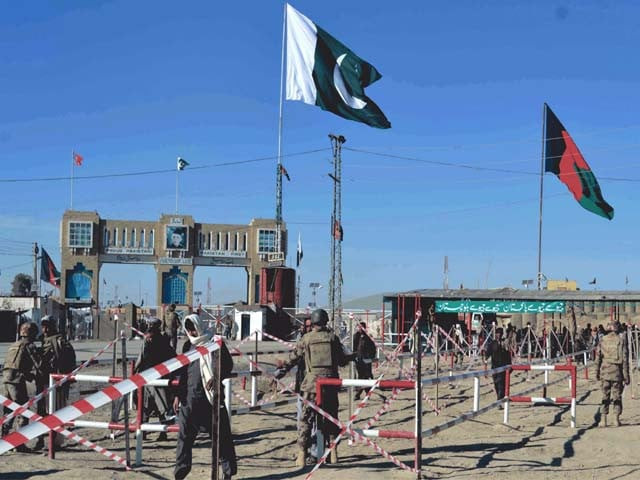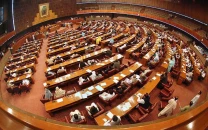Afghanistan summons Pakistani envoy over alleged cross-border strikes
There was no response from Pakistan on either the summoning of the envoy or the reported strikes

Afghanistan on Thursday summoned Pakistan’s Ambassador in Kabul to lodge a formal protest against what it claimed were Pakistani military strikes in Nangarhar and Khost provinces, in a move indicating renewed tensions.
Afghan officials claimed the reported attacks resulted in the killing of three civilians and injuries to seven others, a move strongly condemned by the authorities in Kabul.
In its protest note, the Afghan Foreign Ministry denounced what it called Pakistan’s violation of Afghan airspace and the bombing of civilian areas near the Durand Line, describing the strikes as “a blatant breach of Afghanistan’s territorial integrity and a provocative act.”
The ministry further underscored that safeguarding Afghanistan’s sovereignty remains a red line for the Islamic Emirate, warning that “such irresponsible actions will inevitably lead to consequences.”
There was no response from Pakistan on either the summoning of the envoy or the reported strikes across the border last night.
Afghan officials in Nangarhar claimed that two drone strikes hit the house of a man in Shinwar district of Nangarhar province last night. Nangarhar Deputy Governor Maulvi Azizullah Mustafa said Afghanistan was committed to peace and stability, good relations with neighboring countries, and a neutral stance in international affairs, and such actions will affect regional stability.
The development comes amid renewed friction between Islamabad and Kabul over cross-border militancy. Pakistan has long accused the Afghan Taliban of providing sanctuary to the outlawed Tehreek-e-Taliban Pakistan (TTP), which has intensified attacks inside Pakistan after the Taliban returned to power in Kabul.
Islamabad has carried out occasional cross-border strikes, insisting they target militant hideouts across the porous frontier. However, Kabul has consistently protested such actions, terming them violations of sovereignty.
Tensions between the two neighbours escalated earlier this year after Pakistan closed key border crossings following a spike in attacks, while Afghanistan retaliated with restrictions on trade and movement.
The latest episode underscores the fragile state of bilateral ties despite recent pushes by the two sides to sort out their issues.
There have been frequent high-level exchanges between Pakistan and Afghanistan in recent months, but those contacts seem to have failed to make serious headway on the issue of security.
Foreign Minister Ishaq Dar recently travelled to Kabul to attend a trilateral meeting along with the Chinese and Afghan Foreign Ministers.
In a bilateral meeting with Amir Khan Muttaqi, Dar conveyed Pakistan’s strong reservations over the lack of progress on TTP. He told his Afghan counterpart that the recent surge in terrorist attacks was linked to safe havens of TTP and other groups.
The Afghan foreign minister was supposed to travel to Islamabad earlier this month, but the visit was called off at the last minute after the UNSC could not give him travel exemptions over objections raised by the US.
The two sides were working to sort out the issue and rescheduled the visit, but given the latest hiccup, it is not certain if Muttaqi will travel to Pakistan anytime soon.





















COMMENTS
Comments are moderated and generally will be posted if they are on-topic and not abusive.
For more information, please see our Comments FAQ